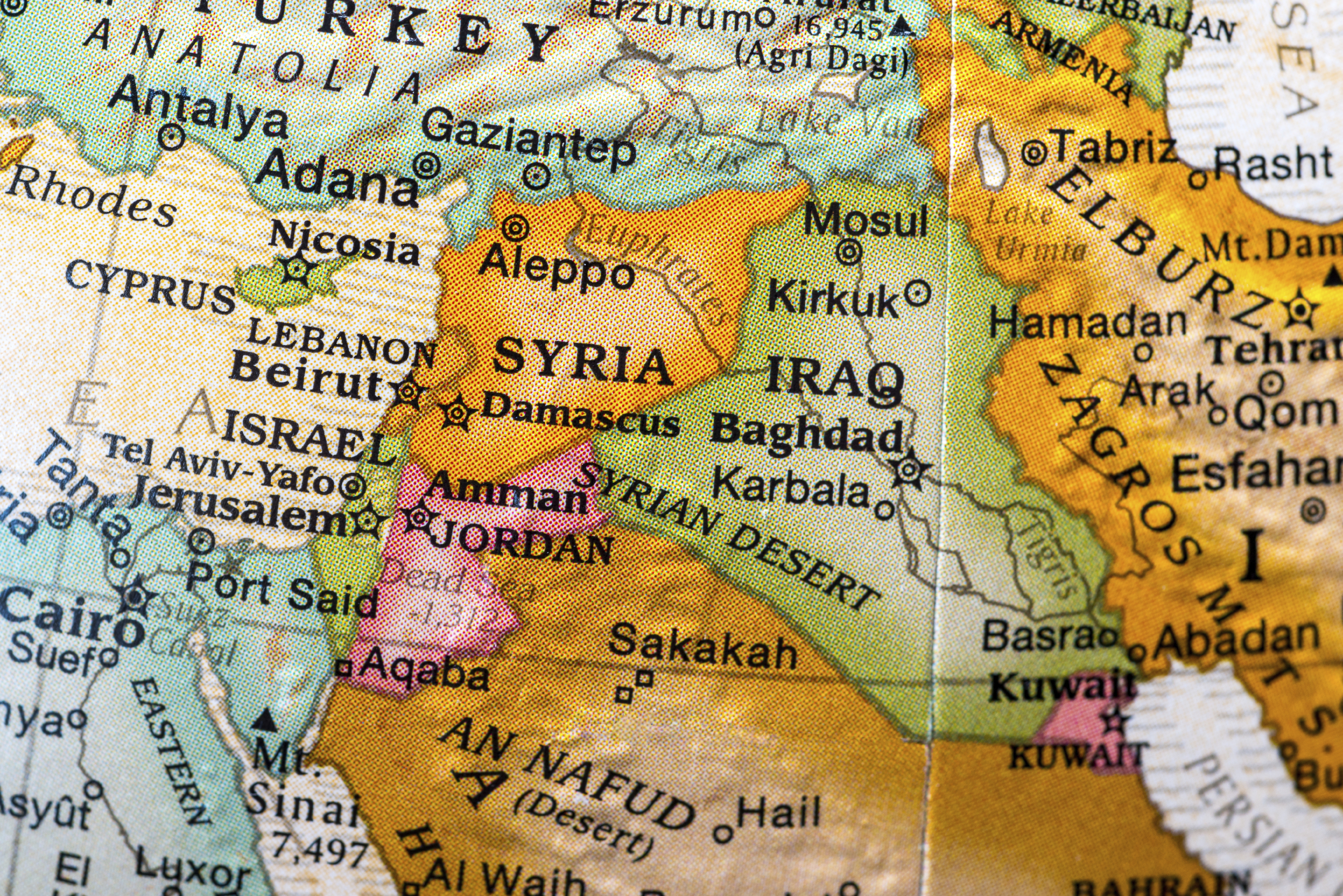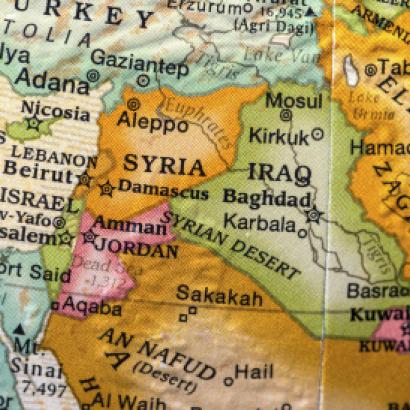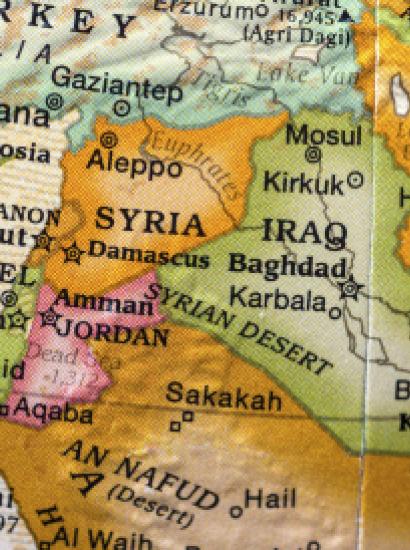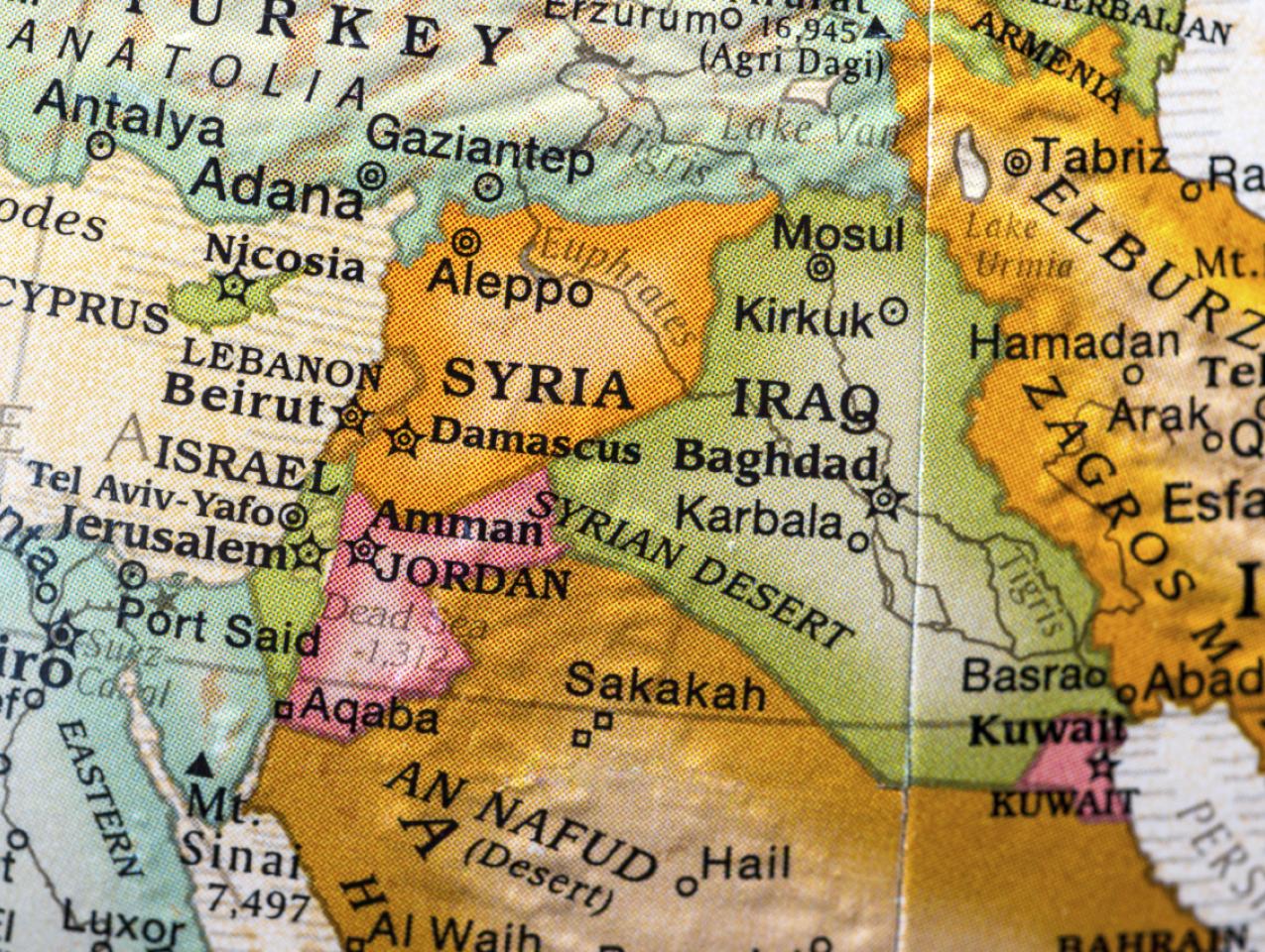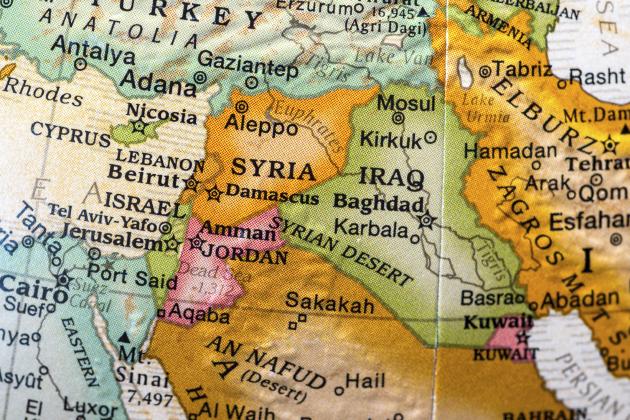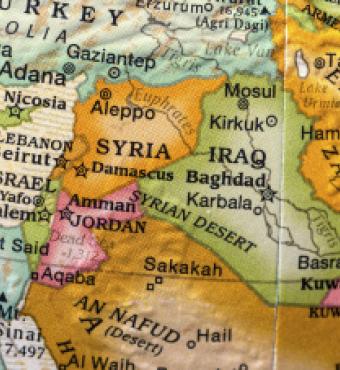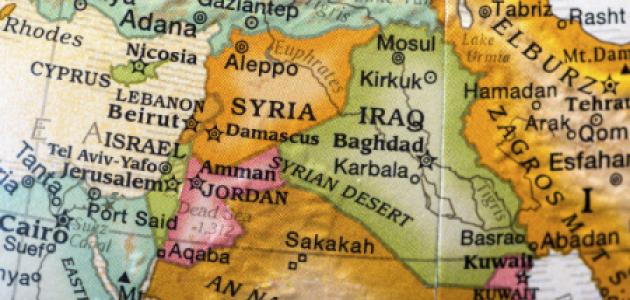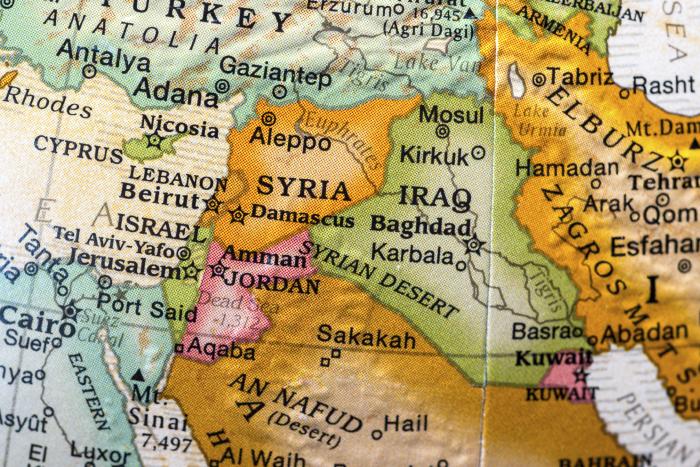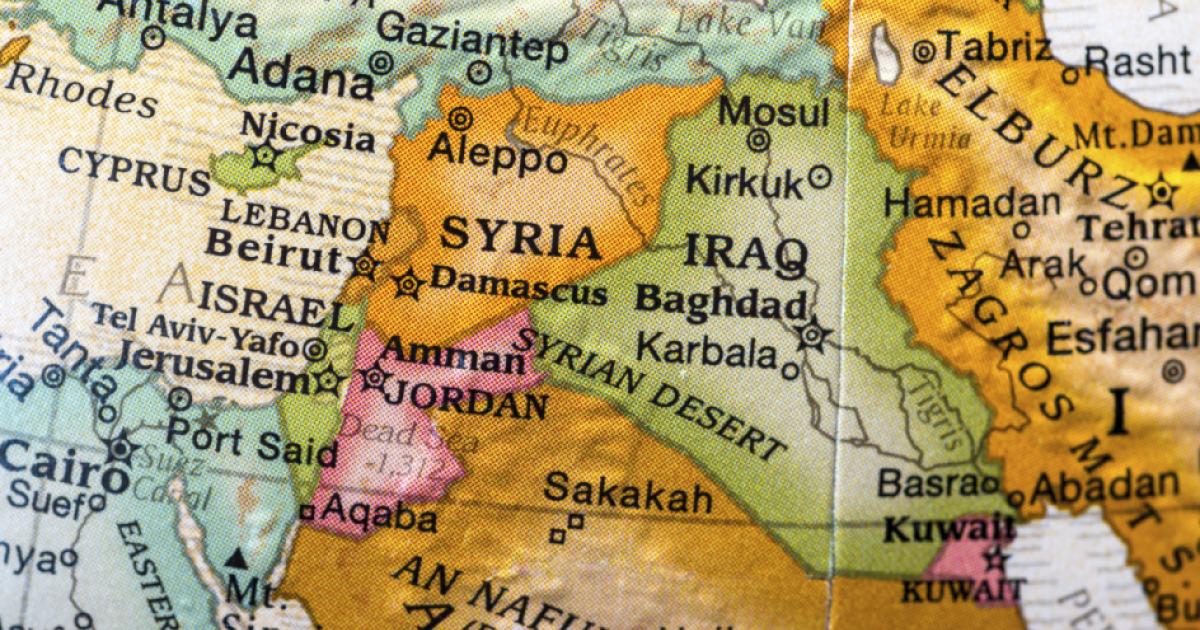Editor’s note: This text is composed of two sections of chapter four of the Hoover press book, "Israel Facing A New Middle East: In Search of a National Security Strategy" by Itamar Rabinovich and Itai Brun. The fourth and final chapter of the book describes Israel's response to the massive changes in the Middle East during the past two decades and concludes by describing the three levels of policy-making in Israel's national security apparatus.
The wave of massive changes that reshaped the Middle Eastern arena in the early years of the new century was followed, starting in December 2010, by two additional waves: the Arab Spring (2010–11) and the Arab Turmoil (2011 to the present). The Arab Spring was the term given to a series of popular rebellions against authoritarian regimes in the Arab world that began in Tunisia in December 2010 and spread to Egypt, Yemen, Bahrain, Libya, and Syria. The toppling of the authoritarian regimes of Ben Ali in Tunisia and Mubarak in Egypt by young rebels using social media and seeking democracy was initially seen as a potential turning point toward the massive change, leading to reform and democracy, that the Arab world and the world in general have been expecting for decades.
By the second half of 2011, the optimism generated in the Arab world and elsewhere was dashed by the grim realities of what came to be known as the Arab Turmoil. Tunisia was the only country to witness a fairly successful transition from dictatorship to a more democratic form of governance. Elsewhere the reformist movement was checked by force (Bahrain) or led to an Islamist takeover followed by the reestablishment of a semi-military regime (Egypt) or to civil war and anarchy (Syria, Libya, and Yemen). In several monarchies, the regimes skillfully initiated reforms and other measures that enabled them to survive the revolutionary wave.
For Israel, the Arab Spring and the Arab Turmoil presented different challenges. A number of Israeli politicians welcomed the prospect of a transition to democracy in much of the Arab world. A durable peace, it was argued, could be made and maintained only with democratic partners. But this was a minority view. The government and most analysts were primarily concerned with the threat to Israel’s peace treaties with Egypt and Jordan. Since 1979 and 1994, respectively, peaceful relationships with Egypt and Jordan had been pillars of Israel’s national security. The formation of Morsi’s Islamist government in Egypt and the threat to the stability of the Hashemite regime in Jordan raised grave concerns in Israel.
The Arab Spring also exacerbated the debate over the Palestinian issue in Israel and between Netanyahu’s government and the Obama administration. The advocates of an Israeli-Palestinian agreement warned that the revolutionary wave was likely to affect Palestinians in the West Bank, sweep away the pragmatic leadership of the Palestinian Authority, and possibly lead to a new intifada. Such scenarios, they argued, should be preempted by resuming a serious peace process. Similar arguments were made by the Obama administration, already exasperated by what Obama and his team saw as a negative Israeli approach to the issue. Obama in fact framed his position in a broader context. He was enthused by the Arab Spring and tried to persuade Netanyahu that Israel should place itself “on the right side of history.” Netanyahu was not persuaded. He was dubious about the prospects of genuine democratization in the Arab world. From his perspective, it would be perilous for Israel to make territorial or other concessions during a period of instability.
These debates were, however, overshadowed in short order by the changing trends in the Middle East. The Palestinian issue did not vanish as one of Israel’s most crucial issues, but its prominence in regional and international agendas diminished as new issues, the Syrian civil war in particular, came to the fore.
***
It is hardly surprising that the IDF, through the Eizenkot document, is the only organ of the Israeli government that has formulated a comprehensive approach to the massive changes in the Middle East and their impact on Israel’s national security. The three levels of national strategy and security policy that have crystallized in the United States do not really exist in the Israeli context. During its early days, the Israeli state had a leader with the capacity and determination to formulate a grand strategy, who dominated the security and military establishments through the force of his personality and intellect. In later years, Israel’s national strategy and security policies have been formulated and implemented through the interplay between the cabinet level and the IDF leadership. The manner and quality of the cabinet’s performance in the conduct of national security policy has varied greatly over the years. Ben Gurion’s successor, Levi Eshkol, followed in his footsteps in holding the security portfolio. But he lacked Ben Gurion’s command of defense and military matters, and the authoritative chief of staff of the IDF became a de facto minister of defense.
This division of labor collapsed during the crisis that led to the Six-Day War in 1967. For the next six and a half years, a former chief of staff of the IDF and a dominant charismatic figure, Moshe Dayan, served as minister of defense, acting as a rule with an authoritative prime minister, Golda Meir. Their failure in October 1973 brought Rabin to power in May 1974. Rabin had to offer the defense portfolio to his rival, Shimon Peres, and their rivalry had a negative impact on defense policy. During the next forty years, similar patterns were followed. Three prime ministers—Rabin in his second term and Ehud Barak, both former chiefs of staff of the IDF (and Rabin a former minister of defense as well), along with Shimon Peres in 1995–96—also held the defense portfolio. Other prime ministers, including Menachem Begin in his second term, Benjamin Netanyahu, Ariel Sharon, and Ehud Olmert, deposited the defense portfolio with a party or a coalition partner. The quality of their collaboration has varied. The dual or triple axis of prime minister, minister of defense, and chief of staff of the IDF has been the crucial component in the making of national security policy.
While the IDF has both a tradition and the instruments for strategic planning, the cabinet level lacks either. The National Security Council, which operates alongside the prime minister, was never empowered or equipped to perform these tasks, nor does the ministry of defense have the requisite tools. Although it has a political-military division, its tasks are different and it certainly does not deal with strategic planning. Formulating a national strategy requires a rare combination of routine diligence (such as the publication of periodic reports) with the ability to respond quickly to significant changes in the strategic environment. Overall, Israel’s record during the past sixty-eight years in responding to the security threats and in employing military force in the service of government policy has been impressive, but these achievements were not the result of either a correct structure or a sound process.
The interaction between the cabinet level and the IDF leadership has been tested severely during the recent campaigns in Lebanon and Gaza, as the IDF had to act in the absence of clear political aims defined by the cabinet. Within the cabinet, a forum crystallized after 2001, known as the “security/political cabinet.” It is predicated on a formal decision in 2001 to form a ministerial committee for security affairs and has been vested with the power to assist or restrain the prime minister in -making national security policy. Currently with a minister of defense (Avigdor Lieberman, a coalition partner and political rival) and the radical minister of education (Naftali Bennett) in his security/political cabinet, Netanyahu’s freedom of action has been significantly curtailed.
Netanyahu and his cabinet need to deal with Israel’s current regional environment on two levels. One can be defined as comprehensive: the quest, as Netanyahu described it, “to create foci of stability” around Israel. One focus would be the close but discreet security cooperation with Egypt and Jordan. A second is the normalization with Turkey (prior to the coup attempt in that country). A third is the close relationship developed with Greece and Cyprus during the tension with Turkey. A fourth is the more amorphous relationship with the Sunni bloc in the Middle East, most significantly Egypt, Jordan, Saudi Arabia, and some of the Gulf states. These states as a bloc, and each of them separately, have had good reasons for upgrading their relationship with Israel. Countries like Saudi Arabia and other Gulf states are primarily preoccupied with the Iranian threat, the threat of jihadi terrorism, and their unhappiness with the policies of the Obama administration. Against that backdrop, Israel has loomed as an important partner. For Egypt—facing the threat of terrorism in the Sinai and Hamas’s affiliation with the Muslim Brotherhood in Gaza—and for Jordan, contending with domestic and external threats, collaboration with Israel has been essential. The Sunni bloc’s identification with and support for the Palestinian cause has declined but remains a significant constraint, particularly in the age of social networks and satellite television, which magnify the impact of public opinion. Consequently, their willingness to cooperate with Israel is limited to tactical cooperation, mostly behind the scenes. A significant upgrade of Israel’s relationship with the Sunni Arabs to the point of actually forming a pragmatic bloc in the region cannot be envisaged before launching a new Israeli policy toward the Palestinian issue.
The most important issue shared by Israel and the Sunni Arab states is concern with Iran’s nuclear and regional ambitions. The nuclear agreement with Iran did not deal with Iran’s regional ambitions and subversive activities. Saudi Arabia and the Gulf states, Iran’s immediate neighbors, feel threatened and exposed by its policies in Iraq, Yemen, Bahrain, and Saudi Arabia’s own Eastern Province. Israel is concerned with Iran’s overall posture in the region and the prospect that it will renew its quest for nuclear military capability. Israel seeks to curtail Iran’s nuclear ambitions, assuming that the Iranian leadership will resume the quest for a nuclear arsenal openly at the end of the period designated by the agreement or surreptitiously prior to that time. It will continue to invest a massive intelligence effort in monitoring Iran’s nuclear plans and is keeping alive the option of resorting to a military option. Israel’s acquisition of F-35 planes is the most explicit indication of Israeli thinking and planning in this regard.
The other prominent issues on the cabinet’s security agenda are the ongoing civil war in Syria, Hezbollah’s arsenal in Lebanon, and Hamas’s arsenal in Gaza. As we have seen above, Israel has managed so far to maintain a low profile in the Syrian crisis, but this could change rapidly, and Israel could find itself involved in the crisis or facing an ominous challenge from Iran, the Assad regime, and Hezbollah or active hostility from jihadi groups in southern Syria. Another confrontation with Hamas or Hezbollah could erupt. As we have seen, IDF strategy is currently focused on this prospect, but the IDF does not deal with the political aims to be pursued by Israel in either case. Netanyahu’s decision in June 2016 to replace Defense Minister Ya’alon with Avigdor Lieberman, in addition to its domestic political dimension, could have far-reaching implications for Israel’s national security policy. Lieberman reinforces the hard-liners in Netanyahu’s government and early on voiced his views on a number of national security matters. Most significantly, he announced that the next war with Hamas in Gaza, if there is one, will be the last. In 2014, as foreign minister, Lieberman advocated toppling the Hamas government in Gaza as the proper war aim for Israel (in contradistinction to Netanyahu and Ya’alon’s policy of containment). His more recent statement suggests that in the event of another military confrontation with Hamas, he will advocate that position from the more influential position of minister of defense.
Beyond these immediate issues lies Israel’s lingering inability since 1967 to formulate a national consensus on the future of the West Bank and the larger Palestinian issue as the keystone for formulating an updated grand strategy. At this point Israel is governed by a purely right-wing government whose members support either maintaining the status quo (which means creeping annexation) or a proactive policy of annexation. Netanyahu belongs to the first group. His unstated policy is an updated version of the Iron Wall: by standing fast, Israel has brought the Arab states to accept its existence; by holding on to the same passive steadfastness, it will eventually defeat Palestinian nationalism as well. This view is sharply contested by groups and individuals in the center Left of the Israeli political spectrum but is not effectively manifested by the mainstream opposition.







